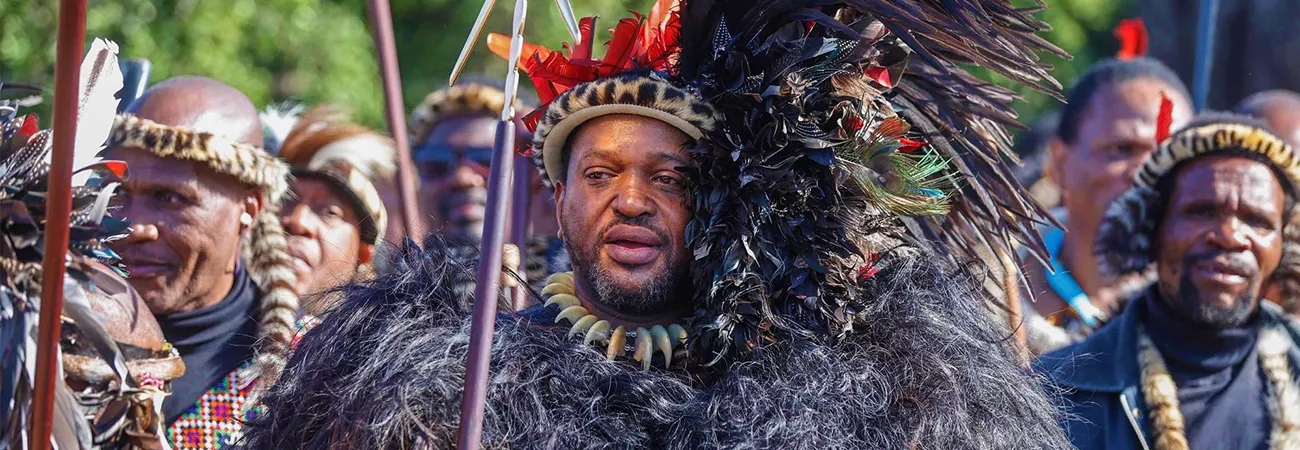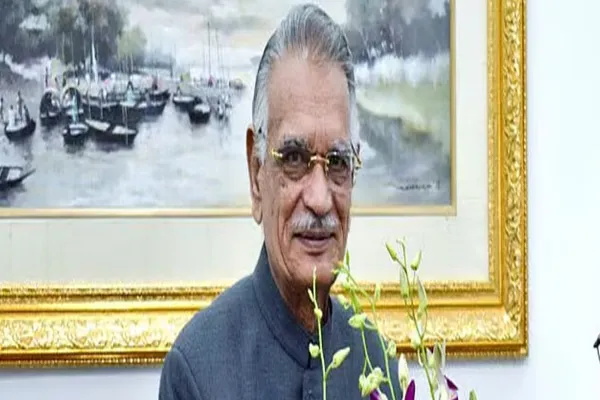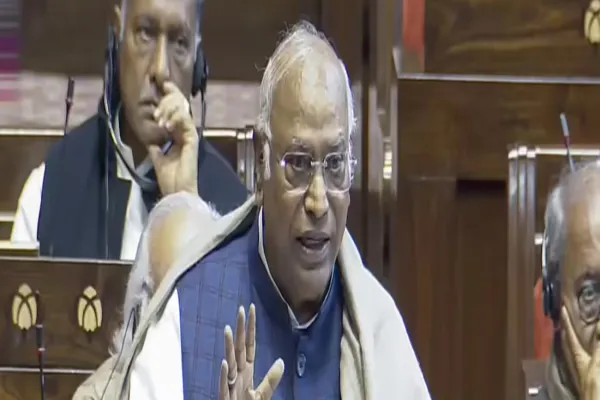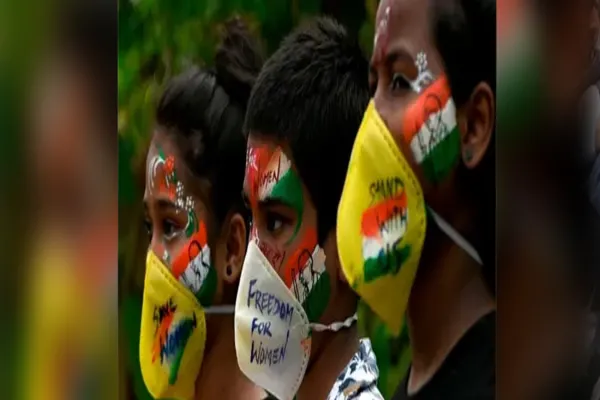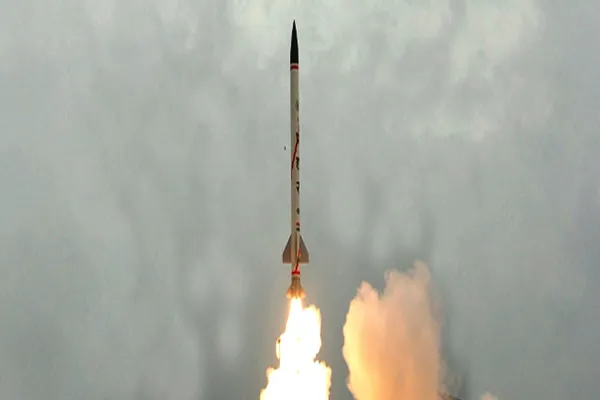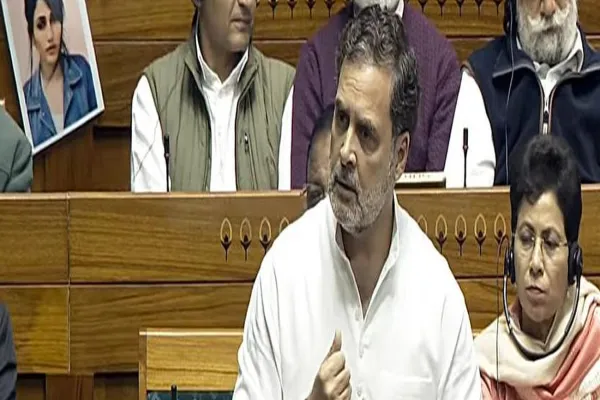i NEWS INTERNATIONAL
South Africans are not massive fans of royalty, but the forthcoming official coronation of the new Zulu king has the nation transfixed - and is a watershed moment in its history. The event will mark a lot of firsts for the country. King Misuzulu ka Zwelithini, 49, will be formally acknowledged as monarch by President Cyril Ramaphosa - the first time a black president has been involved in a Zulu coronation. It will be the first Zulu coronation since South Africa became a democracy in 1994. It will also finally put an end to the fierce family feud that dogged his succession to the throne - an embarrassing battle played out in public. The last coronation took place on a rainy day back in 1971 under the apartheid government, when King Goodwill Zwelithini ka Bhekuzulu was crowned. Then, as now, South Africa traditional leadership was regulated by government. But the white-minority authorities at the time expected the young monarch to wear Western attire. He attended the event in a suit - a leopard skin sash the only nod to Zulu couture.
As the crowds gather at the Mabhida Stadium in the coastal city of Durban on Saturday for his son government-backed coronation, they will be hoping for a more ostentatious display of Zulu culture when President Ramaphosa hands over the certificate that endorses Misuzulu as the ninth Zulu king. It a joyous occasion, the beginning of a new era,explains Sihawukele Ngubane, a professor of African languages at the University of KwaZulu-Natal and expert on Zulu culture. The apartheid-era government bestowed the certificate to the king back then. This time we expect our king to wear his traditional garb because we now live in a democracy and there absolutely no obligation for his majesty to wear British-inspired clothing. A fifth of South Africa population is Zulu - the country largest ethnic group -and its monarchy has a yearly taxpayer-funded budget of more than $3.6 (£3.2m). It is the money that tends to put South Africans off royalty - given the country has eight monarchs officially recognised by the government, all funded by taxpayers.
Credit: Independent News Pakistan-INP



